Description
Working in forensic settings with clients who have histories of damage and abuse can be a demanding, disturbing, thrilling and unique experience. It means building connections and instilling the capacity to think before acting – far more than just providing therapy. At a service level, it requires a compassionate culture that promotes the ability to reflect on complex interpersonal dynamics at all levels of the organization. Cognitive Analytic Therapy (CAT) is an accessible model for understanding human relationships that offers a common language for teams and organizations. Reflective Practice in Forensic Settings brings together a range of clinicians to share their experience and approaches, exploring ways in which the CAT model can be applied to develop reflective practice in secure contexts. Together, they also offer valuable guidance for any practitioner seeking ways in which to develop a more relationally informed and reflective therapeutic service.
Authors
JENNY MARSHALL is a Consultant Clinical Psychologist at Ridgway Hospital, Tees, Esk and Wear Valleys NHS Trust, and an accredited CAT Practitioner and Supervisor. She has a long history of working in low and medium secure services with people with mental disorders, and she has a strong interest in the application of the CAT model to reflective practice. She works with Catalyse, a social enterprise offering CAT training, therapy and consultancy through a network of expertise across northern England.
JAMIE KIRKLAND is a Consultant Clinical Psychologist in the Division of Forensic Mental Health and Learning Disabilities with NHS Greater Glasgow and Clyde, where he is the lead for reflective practice. He is a CAT Trainer and Supervisor, and co-Director of CAT Training Scotland. He has applied CAT in secure settings and with community learning disability teams, and has a strong interest creating reflective spaces for multi-disciplinary staff teams.
Content
Table of Contents
PART 1 – Introduction to Forensic Work, Reflective Practice and the Relational Model
The challenge of working in forensic services (Jenny Marshall & Jamie Kirkland); 2. Traditional approaches to reflective practice (Jon Patrick, Katharine Russell & Adam Polnay); 3. The CAT model (Jenny Marshall & Jamie Kirkland); 4. Relational mapping (Steve Potter)
PART 2 – Facilitating Reflective Practice
Core competencies for reflective practice (Jamie Kirkland); 6. Steps to reflective mapping (Steve Potter); 7. Case studies from forensic settings (Various); 8. Crossing and uncrossing the line (Jason Hepple); 9. Helping the helpers (Jamie Kirkland, Heather Tolland, Emma Drysdale & Steve Jefferis); 10. CAT-informed supervision (Alison Bickerdike, Nicola Kemp & Clare Bingham)
PART 3 – Reflective Practice and the Wider Organization
When forensic systems go astray (David Harvey); 12. Leadership and CAT – Part 1 (Jenny Marshall); 13. Leadership and CAT – Part 2 (Jenny Marshall); 14. Concluding thoughts (Jenny Marshall, Jamie Kirkland & Steve Potter)
Details
Publisher: Pavilion Publishing and Media Ltd
Publication Date: 14th September 2021
ISBN: 9781914010842

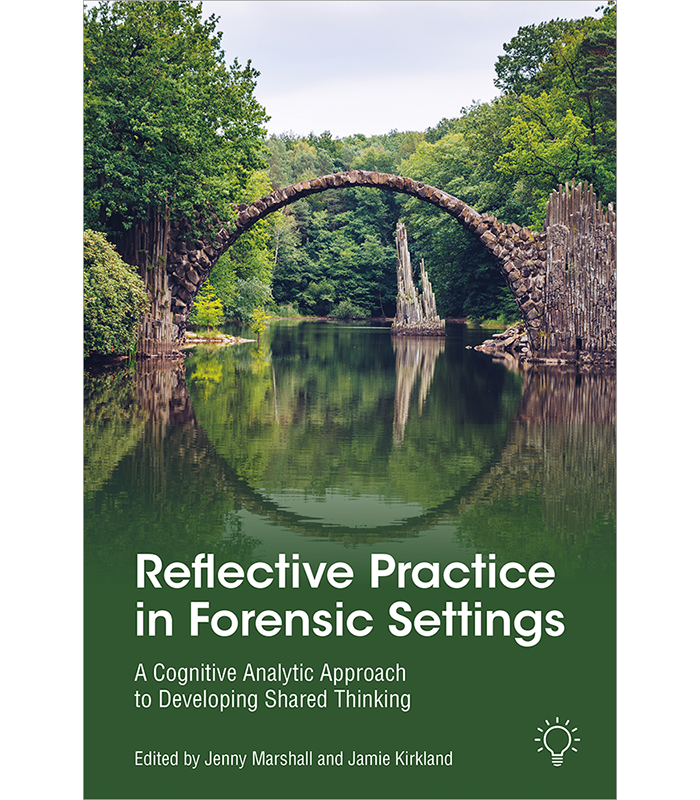
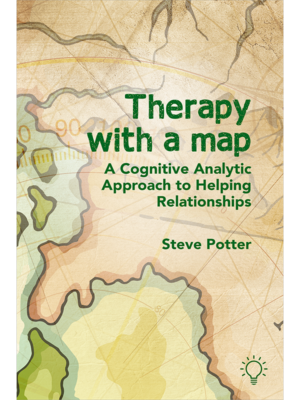

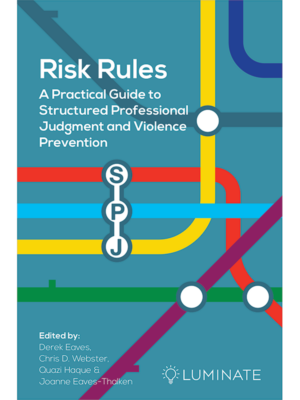
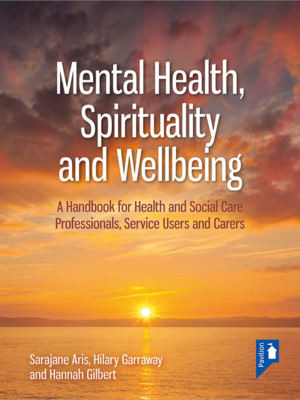
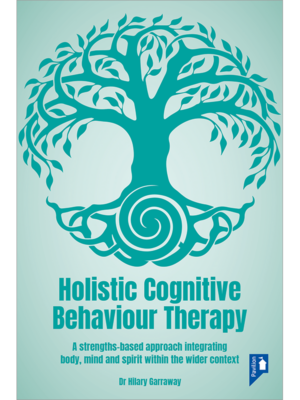
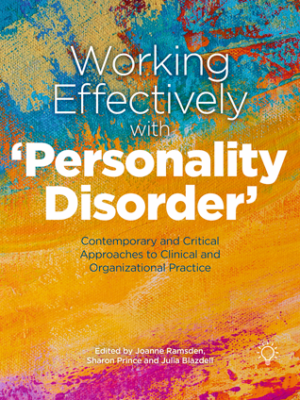
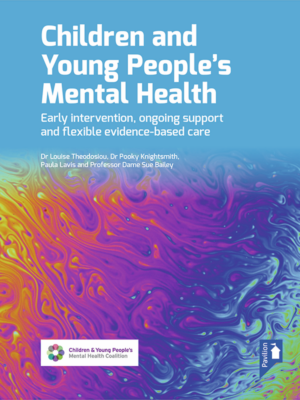
Dr Rajan Darjee | Senior Lecturer in Forensic Psychiatry –